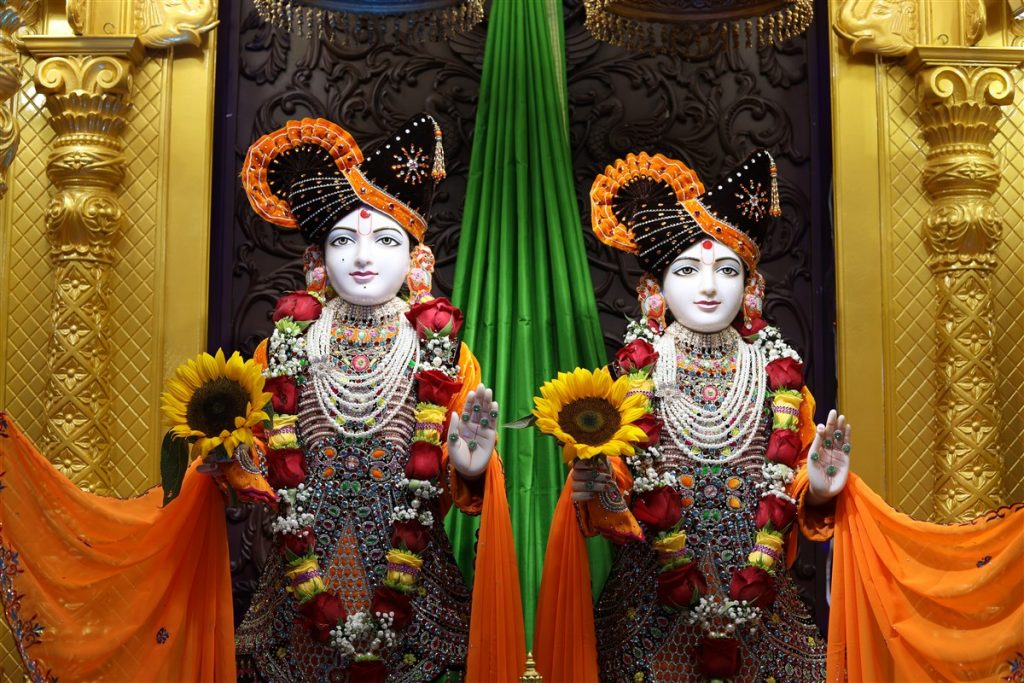
Today Closed UTC+5.5
07:00 AM - 08:30 PM
-
Monday
07:00 AM - 12:30 PM 04:00 PM - 08:30 PM
-
Tuesday
07:00 AM - 12:30 PM 04:00 PM - 08:30 PM
-
Wednesday
07:00 AM - 12:30 PM 04:00 PM - 08:30 PM
-
Thursday
07:00 AM - 12:30 PM 04:00 PM - 08:30 PM
-
Friday
07:00 AM - 12:30 PM 04:00 PM - 08:30 PM
-
Saturday
07:00 AM - 08:30 PM
-
Sunday
07:00 AM - 08:30 PM


